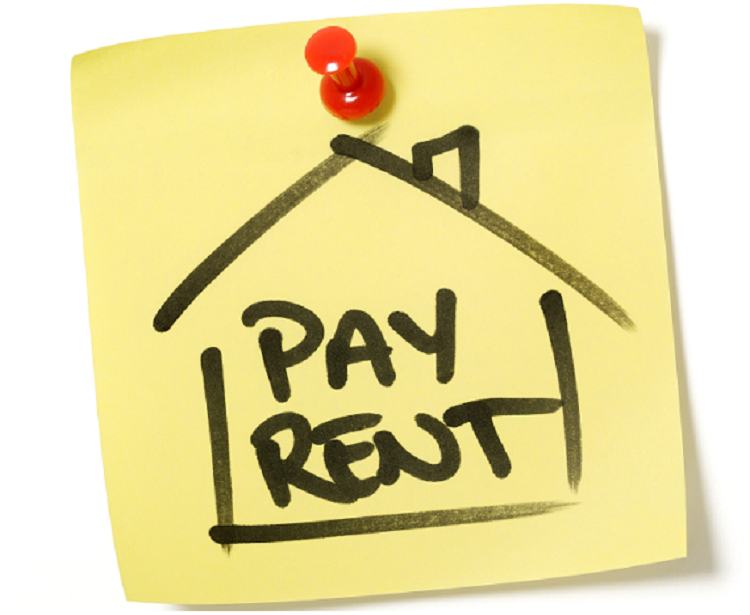
Are you a victim of Covid-19 Goonda Raj ?
Believe it or not but Covid-19 has brought back the old goonda raj. The use of muscle power and henchmen to recover the unpaid loans is becoming new normal. The trend is on rise and is going to increase in coming days.
Despite clear instruction from govt and RBI to give six months moratorium, the lenders, especially small ones and app-based are out to recover the dues by hook or crook.
They are using all sorts of dirty tricks and force to recover the monthly installments with huge penalties, from hapless borrowers.
Hundreds of customers have taken to social media to complain of intimidation and harassment by collection agents of online loan applications.
They have reported cyberbullying techniques such as naming and shaming, intimidation using fake legal notice and repeated ‘harassment’ calls, at late hours in night.
Borrowers have received fake FIRs (first information reports), warning letters from RBI and TransUnion Cibil, recovery agents have made WhatsApp groups of family members and abused people. A message sent to one such ‘defaulter’ reads: “we have started calling your 30 person-friend-relatives and family members asking them why you are overdue and we have already allotted maximum time, so don’t blame us for any harm to that reputation.”
Many of the smaller lending apps don’t have a website. Those who do, provide no information about the company. At best, there’s an email address and a phone number.
Borrowers have received fake FIRs (first information reports), warning letters from RBI and TransUnion Cibil, recovery agents have made WhatsApp groups of family members and abused people. A message sent to one such ‘defaulter’ reads: “we have started calling your 30 person-friend-relatives and family members asking them why you are overdue and we have already allotted maximum time, so don’t blame us for any harm to that reputation.”
Chinese companies own many of these apps. These companies started looking at India after their government cracked down on peer-to-peer (P2P) lending firms back home. The Chinese government started regulating P2P lending apps due to which thousands wound up their business and started looking at other markets.
The list of such app-based lenders is huge, which include, Cashbean, Loanfront, Mad-Elephant, Cashe, mPokket, Cashbus, CashMama, Timely Cash, Robocash, Kissht, LoanTime and UCash. Its number could be as high as 200 as of now.
The list of such app-based lenders is huge, which include, Cashbean, Loanfront, Mad-Elephant, Cashe, mPokket, Cashbus, CashMama, Timely Cash, Robocash, Kissht, LoanTime and UCash. Its number could be as high as 200 as of now.
All went well while the going was good. In the hurry to get easy loan, many overlooked the interest rates, penalties and the track record of these lenders. Many started borrowing small amounts (Rs. 500 to Rs. 50,000), but as their dependency rose, they ended up taking multiple loans until their cash flows dried up and they started defaulting. That’s when a happy experience of getting credit on tap turned horribly sour.
Many of the smaller lending apps don’t have a website. Those who do, provide no information about the company. At best, there’s an email address and a phone number.
What to do
The law is very clear on it that at no cost lenders can use force or muscle power to recover the loans, including any humiliation or mental or physical torture. So, if you find yourself in that situation talk to your local lawyer immediately.
Beware of smaller entities.
Beware of smaller entities.
Look before you borrow: You must approach a bank first even if it involves paperwork or takes a bit of time. If these apps are the only option, go for a well-established lender and check its NBFC partner, interest rates, costs and penalties, besides other practices.
You can’t escape permitting the app to access your personal data, but an established lender is less likely to access it illegally as it has a reputation to protect.
While a quick loan can make things easier temporarily, it can cause a lot of stress later if you default, so borrow only if you need to.
Your free access to Supreme Law News has expired
For further details contact:
Dr. Ajay Kummar Pandey
( LLM, MBA, (UK), PhD, AIMA, AFAI, PHD Chamber, ICTC, PCI, FCC, DFC, PPL, MNP, BNI, ICJ (UK), WP, (UK), MLE, Harvard Square, London, CT, Blair Singer Institute, (USA), Dip. in International Crime, Leiden University, the Netherlands )
Advocate & Consultant Supreme Court of India, High Courts & Tribunals.
Delhi, Mumbai & Dubai
Tel: M- 91- 9818320572. Email: editor.kumar@gmail.com
Website:
www.supremelawnews.com
www.ajaykr.com, www.4Csupremelawint.com
Facebook: /4Clawfirm, /legalajay Linkedin: /ajaykumarpandey1 Twitter: /editorkumar / YouTube: c/4cSupremeLaw Insta: /editor.kumarg
Telegram Channel
Whatsup Channel











